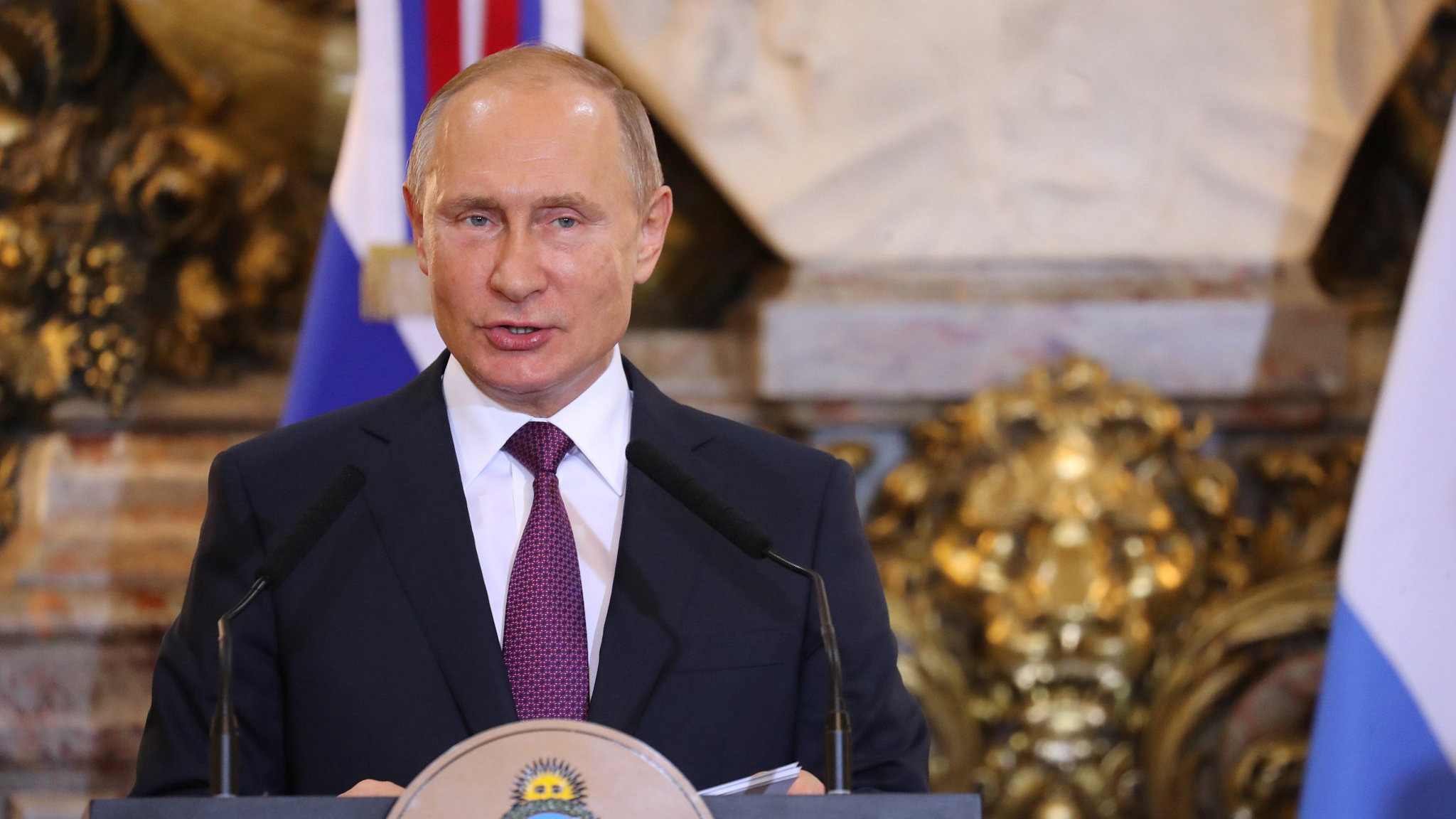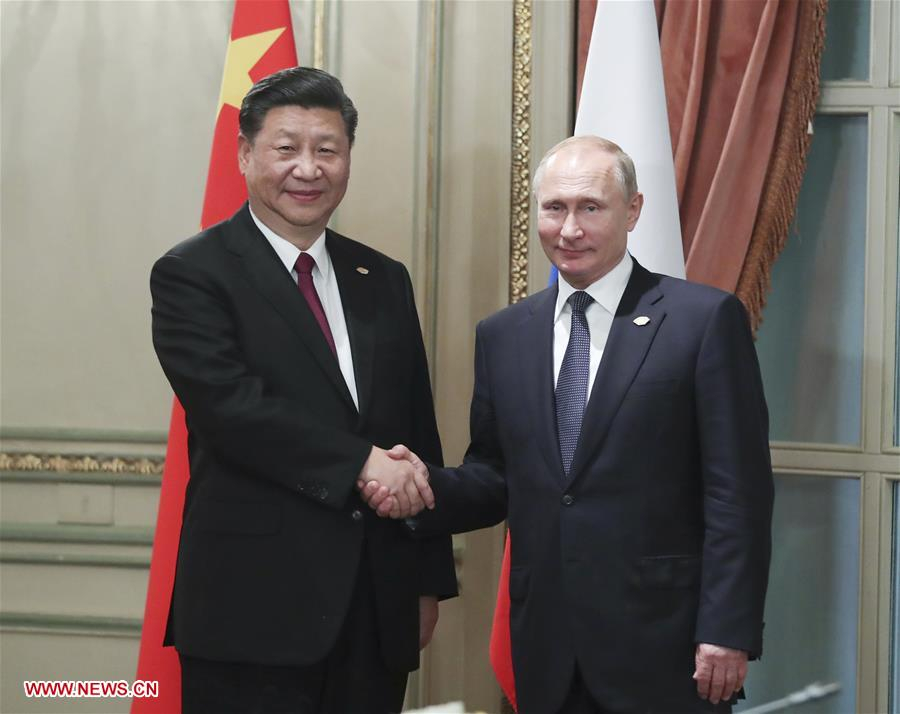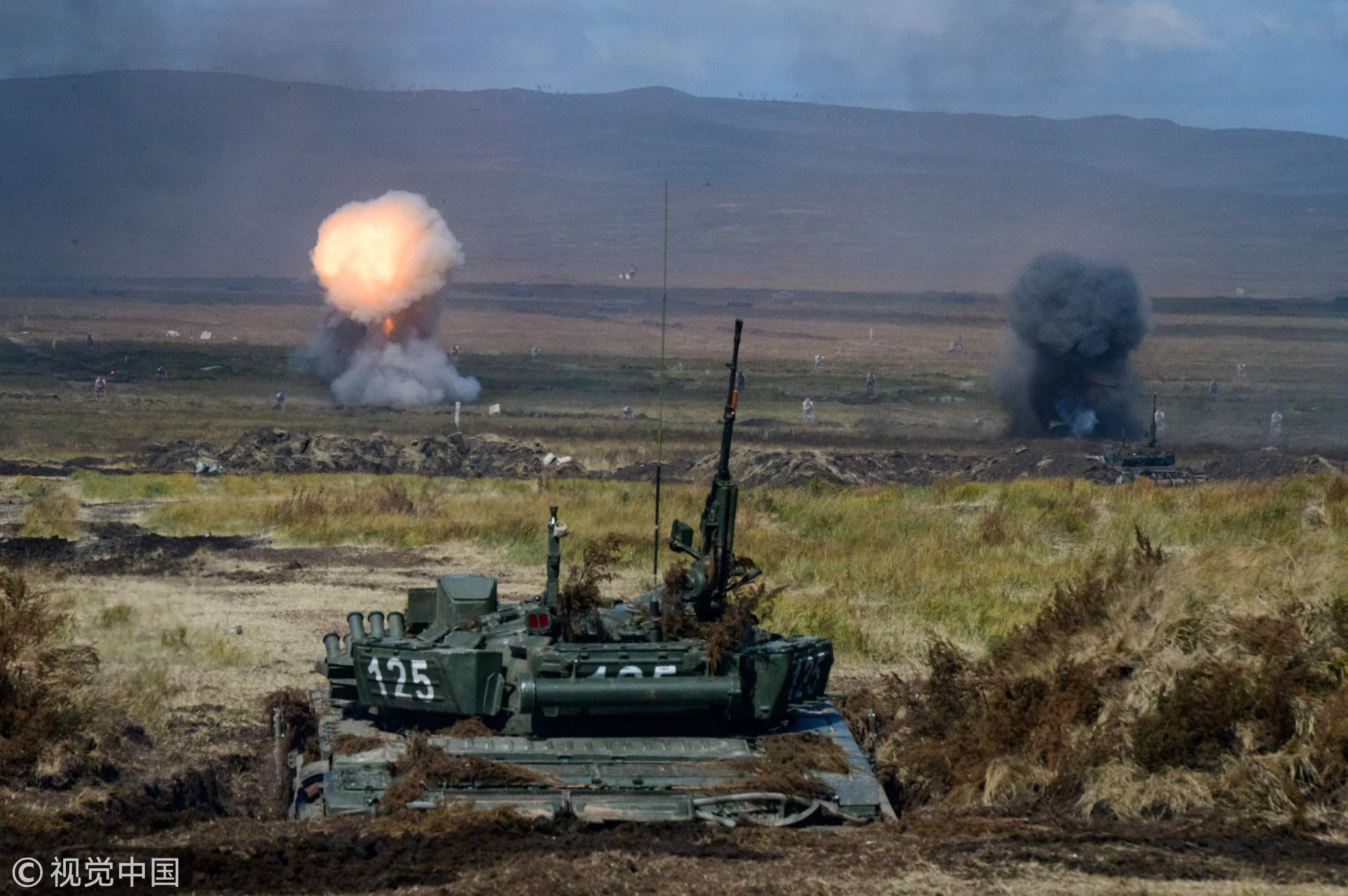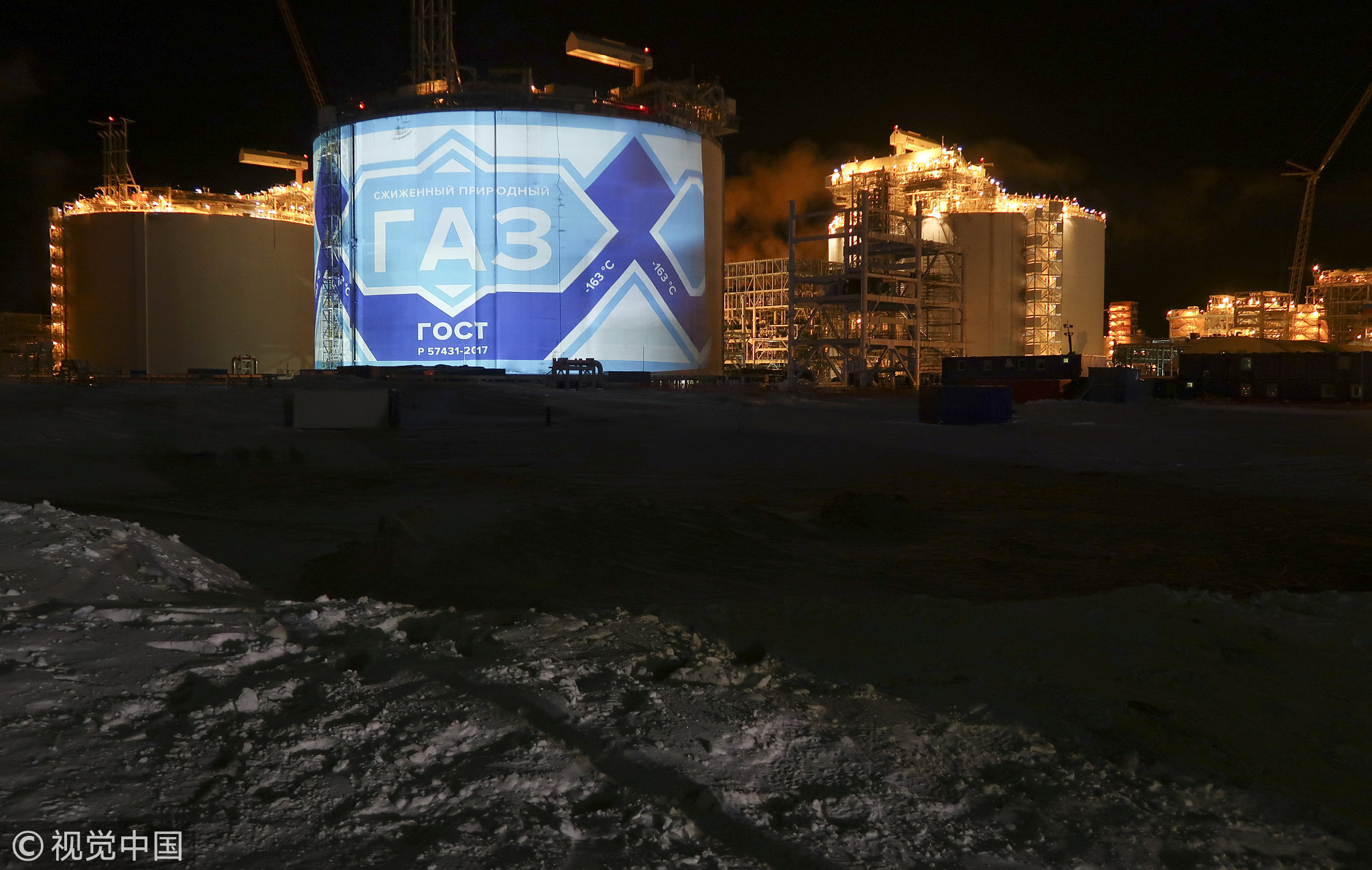
Opinions
12:04, 02-Dec-2018
Opinion: China-Russia ties reaffirmed, and still have great potential
Updated
11:05, 05-Dec-2018
Kang Jie

Editor's Note: Kang Jie is an assistant research fellow at the China Institute of International Studies. The article reflects the author's opinion, and not necessarily the views of CGTN.
President Xi Jinping and his old friend, Russian President Vladimir Putin, held their fourth meeting of 2018 on the sidelines of this year's G20 summit. Personal friendship and frequent meetings between two leaders highlight the solid Sino-Russian bilateral ties.
Just as President Xi said last year, China-Russia comprehensive strategic partnership of coordination is "stronger than ever."
China and Russia embrace a high degree of mutual political and strategic trust. The effective Sino-Russian multi-level exchange and coordination mechanisms have ensured their rapid, smooth and stable strategic coordination.
On the top level, Xi and Putin have forged a profound friendship over the years. The coordination mechanism between the General Office of the Central Committee of the Communist Party of China and the Russian Presidential Executive Office are operating smoothly. The two leaders meet regularly each year.

Chinese President Xi Jinping (L) meets with his Russian counterpart Vladimir Putin in Buenos Aires, Argentina, November 30, 2018. /Xinhua Photo
Chinese President Xi Jinping (L) meets with his Russian counterpart Vladimir Putin in Buenos Aires, Argentina, November 30, 2018. /Xinhua Photo
The committee of intergovernmental cooperation in northeast China and Russia's Far East has achieved fruitful results in investment, energy, trade and humanity. The two countries have also institutionalized a series of departmental cooperation.
China and Russia share common interests in a number of international and regional issues and common aspirations for multi-polarization, regional security and strategic stability and combating "three evils." The two countries have continuously deepened their defense and security cooperation under the principle of "non-alignment "and "non-targeting third countries."
The two countries have held five meetings of the Law-enforcement and Security Cooperation Mechanisms and 14 rounds of strategic security talks. They have also established a multi-level personnel exchange mechanism in the military, and are witnessing new breakthroughs in the scale of joint military exercises.
In September, China's Ministry of National Defense sent nearly 3,200 troops, 900 weapons, and 30 fixed-wing aircraft and helicopters to the "Vostok-2018," Russia's largest military exercise in the post-Soviet era. The two countries are also deepening their cooperation on combating the "three evils” under the multilateral framework of the Shanghai Cooperation Organization.

Explosions are seen during the Vostok-2018 military drills at Tsugol training ground not far from the Chinese and Mongolian border in Siberia, September 13, 2018. /VCG Photo
Explosions are seen during the Vostok-2018 military drills at Tsugol training ground not far from the Chinese and Mongolian border in Siberia, September 13, 2018. /VCG Photo
China and Russia will also continue to strengthen the cooperation of the Belt and Road Initiative and the Eurasian Economic Union (EEU). China has negotiated with the Eurasian Economic Commission on the co-financing of 39 priority infrastructure programs, including the Eurasian high-grade expressway and the deep-water port of Arkhangelsk.
China and the EEU are also stepping up custom clearance procedures and introducing policies to improve the trading and investment environment.
Moreover, China and Russia are deepening partnership on a range of long-term projects in energy, aerospace and digital infrastructure. Sino-Russian energy cooperation has spilled from the oil-gas trade to the overall industrial chain.
Yamal LNG, a liquefied natural gas project, came into operation at the end of 2017, becoming the first milestone of the "Ice Silk Road." Companies from the two countries have also reached a memorandum on promoting joint nuclear plant projects in third countries.

A general view of Yamal LNG. /VCG Photo
A general view of Yamal LNG. /VCG Photo
In the framework of the lunar cooperation agreement for 2018-2022, the two countries will invest in joint research programs on space technology, aerospace material, the satellite navigation system, and even moon landing. The China-Russia big database is expected to be completed in Harbin, China's Heilongjiang Province, which will act as a key data hub for the cross-border e-commerce trade.
Cooperation has instilled a new impetus for the development of bilateral relations. The Year of China-Russia Local Cooperation and Exchange will be celebrated in 2018 and 2019. Mechanisms of this kind have effectively promoted cross-border e-commerce, tourism and cultural exchanges in the inland areas of the two countries.
Looking forward to the future, China and Russia will continue to adhere to the principle of "companion and non-alignment" on the basis of mutual trust, mutual respect, and mutual benefit, create an ultra-stable relationship in an unstable international structure and deepen cooperation in more fields. As State Councilor Wang Yi pointed out, there is no end in deepening cooperation between China and Russia – "there's no best, but better."
(If you want to contribute and have specific expertise, please contact us at opinions@cgtn.com.)

SITEMAP
Copyright © 2018 CGTN. Beijing ICP prepared NO.16065310-3
Copyright © 2018 CGTN. Beijing ICP prepared NO.16065310-3